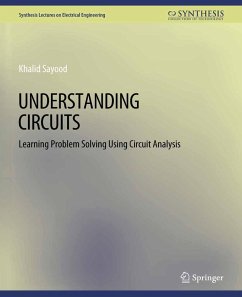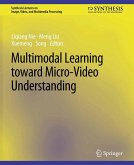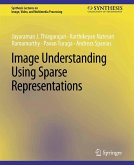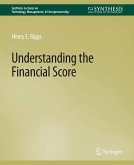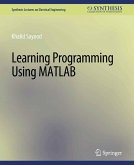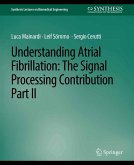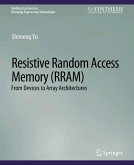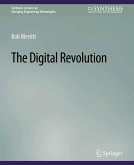This book/lecture is intended for a college freshman level class in problem solving, where the particular problems deal with electrical and electronic circuits. It can also be used in a junior/senior level class in high school to teach circuit analysis. The basic problem-solving paradigm used in this book is that of resolution of a problem into its component parts. The reader learns how to take circuits of varying levels of complexity using this paradigm. The problem-solving exercises also familiarize the reader with a number of different circuit components including resistors, capacitors, diodes, transistors, and operational amplifiers and their use in practical circuits. The reader should come away with both an understanding of how to approach complex problems and a "feel" for electrical and electronic circuits.
Dieser Download kann aus rechtlichen Gründen nur mit Rechnungsadresse in A, B, BG, CY, CZ, D, DK, EW, E, FIN, F, GR, HR, H, IRL, I, LT, L, LR, M, NL, PL, P, R, S, SLO, SK ausgeliefert werden.

